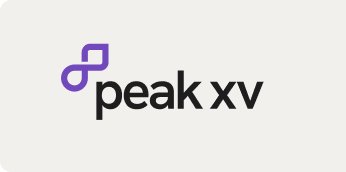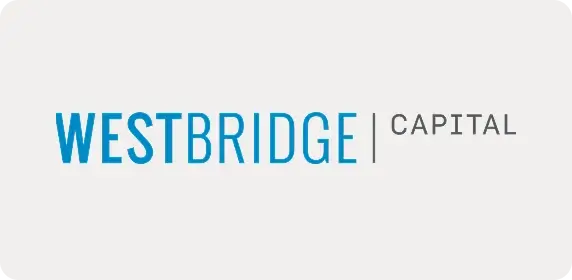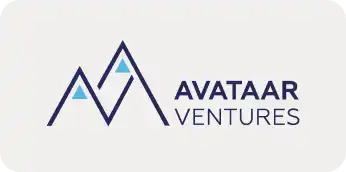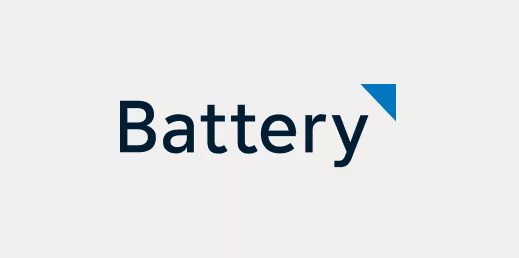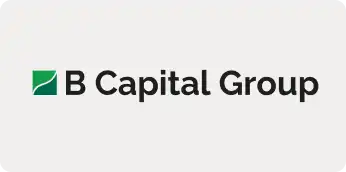Recently, I was in Dubai, a city that embodies ambition and innovation. My mission was twofold: meeting with Veris customers and advocating for SaaSBoomi’s initiative, Qafila. This initiative is designed to help Indian founders establish a base in the GCC. The trip was a whirlwind of insights and reflections.
Here’s the story.
Conversations That Shape Perspectives
One of the most enlightening conversations I had was with a senior CXO from a major insurance company. His insights into the region were profound and grounded in real-world challenges. The UAE, with its 10 million population, has 8 million blue-collar workers insured by governmental support. The remaining 2 million are served by over 60 insurance companies, leading to fierce competition and significant discounting. This environment leaves little room for profitability. For any company aiming to sell to these insurers, enhancing their bottom line is crucial.
He further illustrated the challenge with an example from retail. In India, food and grocery retail operates on a 15% margin. In the UAE, this drops to 8%. With the government introducing the corporate tax, the retail sector is facing even more pressure. Selling to retail giants will be challenging unless your solution directly improves their numbers. However, sectors focused on people experiences, tourism, healthcare, and education present better opportunities due to the high expat & tourist population.
Strategic Market Entry: A Must
To succeed in the UAE, SaaS startups from India must align with the region’s vision, demographics, and financial flows. Here’s how:
Aligning with the Region’s Vision
The UAE’s “We the UAE 2031” and “Dubai 2040 Urban Master Plan” highlight the country’s commitment to diversifying its economy, reducing dependence on oil, and becoming a global hub for innovation and technology. Startups must resonate with these goals, presenting solutions that contribute to the UAE’s future.
- Diversification and Innovation: The UAE aims to become a leader in various non-oil sectors, including technology, healthcare, education, and sustainability. SaaS startups can contribute by offering innovative solutions that enhance these sectors. For instance, education technology platforms can support the UAE’s goal of becoming a global education hub, while healthcare SaaS solutions can improve patient care and hospital management.
- Sustainable Development: The UAE is committed to sustainable development, focusing on renewable energy and green technologies. SaaS startups offering solutions in energy management, environmental monitoring, and sustainable business practices will find a receptive audience.
- Smart Cities: The Dubai 2040 vision emphasizes smart city initiatives, aiming to make Dubai one of the best places to live and work. Startups specializing in IoT, urban planning software, and smart infrastructure management or construction tech can align with this vision.
Understanding Demographics
The UAE’s population is a melting pot, with a significant portion being expatriates from all over the world. This diversity requires products and services that cater to a wide range of cultural backgrounds and preferences.
- Multilingual Support: SaaS products need to offer multilingual interfaces and customer support to cater to the diverse linguistic needs of the population.
- Cultural Sensitivity: Understanding and respecting cultural differences is crucial. Solutions should accommodate various preferences, policies, backgrounds, and workflows.
- Expat Needs: Expats in the UAE often seek services that help them integrate and navigate their new environment. SaaS solutions that simplify processes such as housing, schooling, and local administration can be highly valued.
- Privacy and Compliance: Given that the UAE is home to over 200 nationalities, privacy and data residency are critical. SaaS products must comply with international privacy laws and local regulations. Ensuring data protection and addressing the diverse compliance requirements of expatriates from various countries is essential.
Follow the Money
The financial landscape in the UAE is robust but selective. While there is a substantial inflow of money due to its status as a tax haven and a global business hub, the deployment of this capital is cautious and strategic.
- Investment Criteria: Investors in the UAE are looking for high ROI and alignment with long-term economic plans. They favor startups that demonstrate a clear path to profitability, scalability, and strategic alignment with the UAE’s economic goals.
- Government Initiatives: The UAE government supports startups through various initiatives, such as incubators, accelerators, and funding programs. Startups should leverage these opportunities to gain financial backing and credibility.
- Strategic Sectors: Investments are often directed towards sectors identified as strategic priorities by the government, such as technology, healthcare, education, and sustainable energy. Startups in these areas are more likely to attract investment.
- Global Connectivity: The UAE’s position as a global business hub means that there is a strong focus on solutions that enhance international trade, logistics, and connectivity. SaaS products that streamline these processes can attract significant investment.
What CXOs Want?
During my interactions with numerous CXOs, it became clear what they value most in partnerships and collaborations. Here’s a distilled understanding of their needs:
- Experienced Players: CXOs are not interested in very early-stage startups with little knowledge of the GCC market. They seek partnerships with companies that have a proven track record, with at least a few regional customers and a deep understanding of their domain.
- Relevance: The focus is on companies that can offer cutting-edge solutions, regardless of the industry. CXOs are keen to learn from and network with founders who are doing exceptional work, bringing innovative ideas and methodologies that can be applied across different sectors.
- Selective Engagement: Smaller, intimate roundtables are preferred as an engagement format. This setup allows for meaningful discussions and a better exchange of ideas. The quality of these interactions is paramount, ensuring that every participant brings value to the table.
Service: Beyond Transactions
Service is where companies can truly differentiate themselves. CXOs in the GCC value partnerships that go beyond mere transactions and focus on long-term engagement and support.
- End-to-End Support: CXOs expect comprehensive service that includes deployment, customization, continuous support, and in-person interactions. They value partners who can tailor solutions to meet specific needs and provide hands-on assistance.
- Commitment and Availability: Building strong relationships is key. CXOs appreciate startups who are committed to the region and willing to invest time and resources.
- Advisory Roles: Many CXOs are open to being part of advisory councils or similar roles. They are willing to lend their expertise and time as long as the engagements are structured and clear.
Education and Innovation: The Drivers of Engagement
Education and innovation are critical for CXOs who are constantly looking to stay ahead of the curve. They seek opportunities to learn and innovate, within their own industry and across different domains.
- Cross-Industry Learning: CXOs want to interact with companies from various industries to gain insights and ideas that can be adapted to their own sector. They value diverse perspectives and innovative approaches that challenge the status quo.
- Continuous Learning: There is a strong appetite for ongoing education and exposure to new trends and technologies. CXOs are excited about spending time with companies that are at the forefront of innovation, learning from their experiences, and applying those lessons to their own challenges.
- Specific, Targeted Engagements: CXOs appreciate when engagements are specific and well-documented. Having a clear agenda, defined goals, and structured interactions ensures that the time spent is productive and valuable. They want founders to be precise in asks and expectations & presentations.
My Reflections
What struck me most about Dubai was its dynamic blend of tradition and modernity. The city pulses with energy, driven by ambition yet deeply rooted in its cultural heritage. This dichotomy is reflected in its business landscape. On the one hand, there’s a demand for cutting-edge, world-class solutions. On the other, there’s an expectation for deep, personalized service that respects the local way of doing things.
For Veris, this trip was a validation of our approach. We realized that while our solutions might be seen as vitamins in some markets, in the GCC, they are essential painkillers keeping in mind the country’s expectations of itself.
Who Should Look at the Middle East?
So, who should consider the Middle East as a market?
- Bootstrapped Startups: If you’re focused on quality and tight operations, the Middle East offers fertile ground.
- Adaptable Solution Providers: Products that are flexible and can be deeply integrated will find eager clients.
- Experience-Driven Companies: Businesses that excel in creating memorable experiences through events and engagements will thrive.
- Indian Solution Providers: There’s a natural trust towards Indian solutions, given the significant Indian decision-maker population.
- Quality-Focused Companies: Commitment to quality and credible endorsements will open doors in this market.
This trip taught me that the Middle East is a canvas. A place where vision meets reality, where quality meets service, and where the right approach can turn challenges into opportunities. For those aligned with the region’s mission, the Middle East offers a promising horizon.













